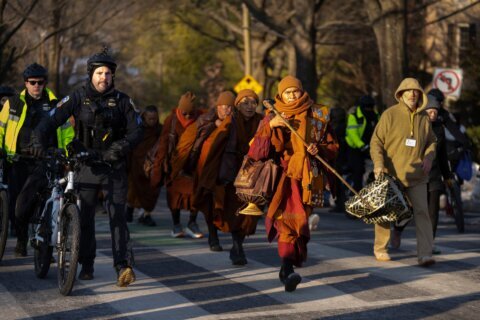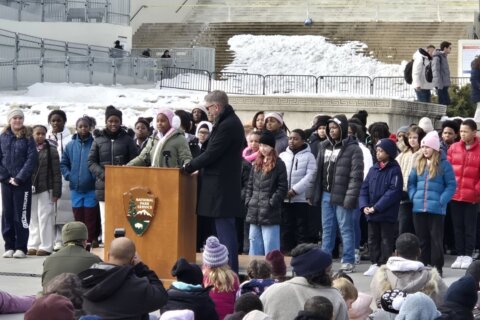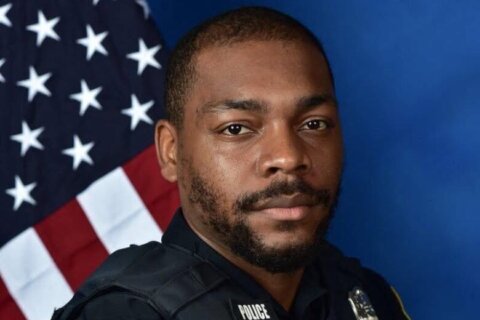D.C. is kicking off a final round of testing before it launches a new program next week aimed at directing some 911 calls away from police to mental health experts.
Starting June 1, some 911 calls involving individuals in mental distress, who are not armed and do not pose a safety threat, will be routed to counselors at the city’s Department of Behavioral Health.
“We will screen those calls, of course, to ensure there are no safety issues or any threat to the patient or anyone else,” said Cleo Subido, director of the Office of Unified Communications.
Some mock emergency calls will be placed to 911 to ensure that the call is successfully transferred to a counselor at the DBH, and the data is properly entered in the computer-aided dispatch system.
“What we’re really testing is the process of the screening, as well as the technology,” Subido said. “We’ll continue with that testing until we go live on June 1st.”
Among the demands for police reform since the death of George Floyd last year in Minneapolis was the diversion of some calls involving mental health crisis to civilian crisis teams instead of to law enforcement.
Currently, about 25% of D.C. police are trained in crisis intervention. Subido said these officers would remain the top choice when public safety is threatened by someone in mental crisis. However, the expectation is that of about 90 calls a day to 911 involving behavioral health, 30 or more could be handled by the counselors at the Department of Behavioral Health.
Subido said 911 call takers are receiving additional training to determine when calls should be directed to DBH’s Community Response Teams.
The city’s 911 system has been hampered in recent years by failures in the dispatch system. For example, ambulances were sent to wrong locations, wasting precious minutes; or emergency medical system calls were not properly classified for the right response.
Subido said she’s confident 911 call takers will successfully execute the new program of directing some calls to DBH. She said geography training for new 911 call takers has been increased tenfold and continuing geographic training has been added for veteran call takers.
Changes have also been made in the technology of computer-aided dispatch that will better discern the location of the caller.
Subido said there’s also been stepped-up training, involving paramedics with DC Fire and Emergency Services, to update the criteria-based dispatch program, so that it’s easier for call takers to make the correct selection.
In launching the new program for civilian mental health counselors, Subido pointed to success reducing unnecessary ambulance responses by routing some calls for ambulances to a phone line staffed by registered nurses. Subido estimates that 10% of the medical calls to 911 are now appropriately directed to the nurse/triage line.








